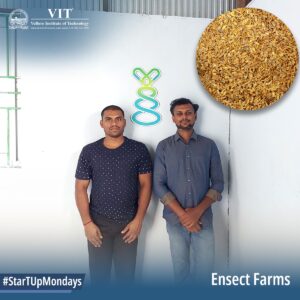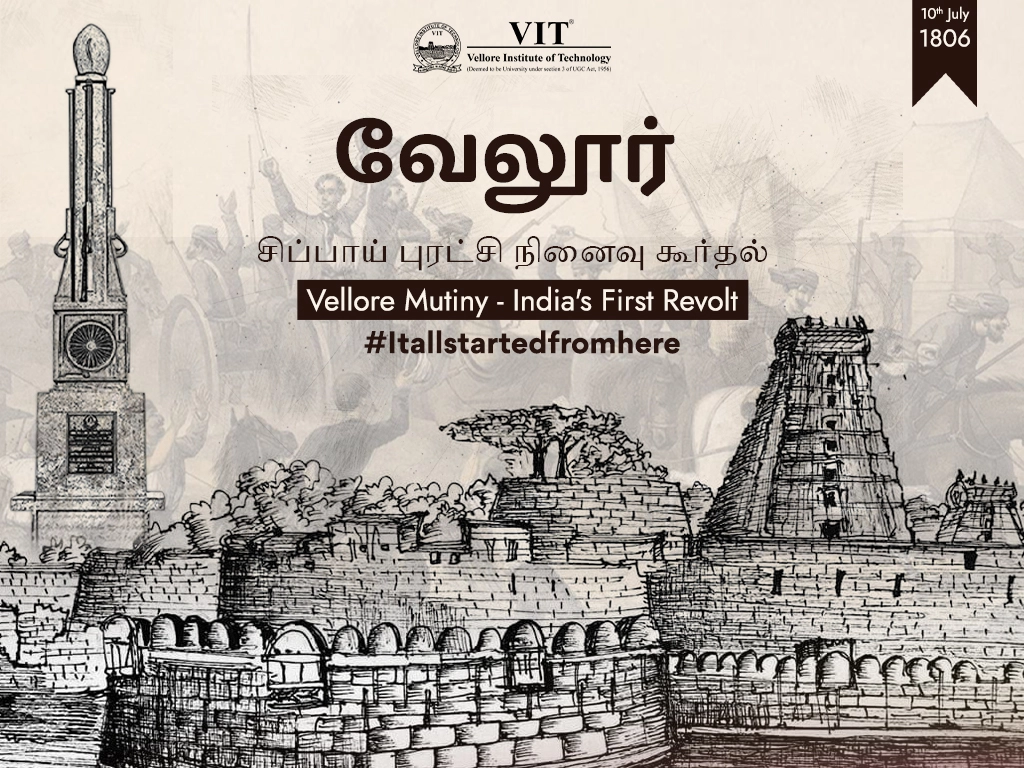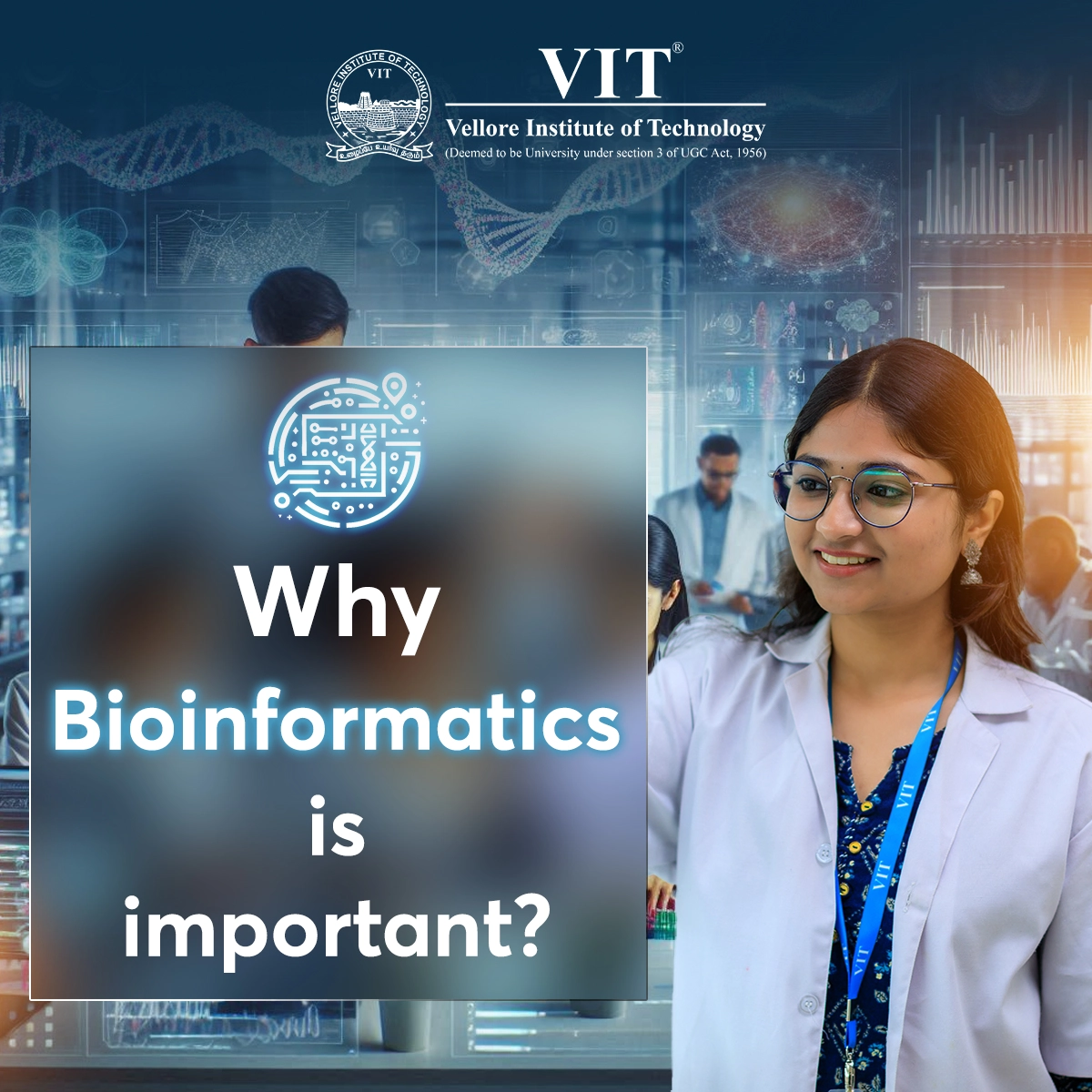Using black soldier fly larvae to compost organic waste more efficiently
Ensect Farm’s pilot project also produces two by-products that can be used in agriculture and as poultry and fish feed
N. Ramakrishnan
It was a serendipitous turn of events that saw TV Anup turn an entrepreneur. After completing his Master’s in Biotechnology from VIT, Anup worked in a number of companies, including pharmaceutical companies. His last stint was with a multinational FMCG company in Dubai. This was when he got married and returned to India so that his wife could complete her Master’s. Unfortunately, the Covid pandemic struck. He then decided to look at entrepreneurship as an option and started scouting for ideas to start a venture. He happened to come across a technology – entomocomposting – where black soldier fly is used in waste management. The insects are used to render the waste much more efficiently. Vellore city had received commendations for its solid waste management efforts, which got him to look at what the municipal body was doing. He realised that the technology being used was outdated and that it was not as efficient as it was being claimed to be.
His immediate thought was: why not try entomocomposting using black soldier fly larvae, about which he had read a lot. There were quite a few side benefits. He could produce alternative proteins and the by-product could be used as a fertiliser in agriculture. Anup says he followed up this idea with a visit to ICAR-NBAIR (Indian Council of Agricultural Research – National Bureau of Agricultural Insect Resources). “We signed an MoU with them and submitted a proposal to the Vellore City Municipal Corporation Commissioner to demonstrate our technology,” says Anup. With permission granted by the civic body, Anup started on the task of building a prototype. And, where would he turn to for help in getting his fledgling idea off the ground? His alma mater, of course. He went to VIT TBI (Vellore Institute of Technology – Technology Business Incubator) in November 2021 to start working on the prototype. He founded the company, Ensect Farm Pvt. Ltd., a few months later, in March 2022.
VIT TBI, says Anup, was not just instrumental in helping Ensect Farm design its business model. It helped the start-up apply for and get various grants from the Department of Science and Technology, Government of India, including NIDHI PRAYAS, a scheme to help young innovators convert their ideas into proof-of-concept and BIRAC Seed Fund. VITTBI also helped Ensect Farm improve its pitch deck by enrolling them in the prestigious Stanford Seed Spark South Asia, which gave the venture access to mentoring and like-minded industrial founders. “They (VITTBI) conducted several workshops to help us refine our business model and get to know more on the start-up ecosystem and current trends such as IP filing and company valuation,” adds Anup.
It was not just the early-stage funding that is crucial for a start-up to begin its journey that VITTBI helped Ensect Farm with, the tech incubator gave the venture access to VIT’s School of Agricultural Innovations and Advanced Learning for field trials of the compost that is generated. The compost was found to be more effective than vermicompost. The incubator, according to Anup, is helping them instal their unit to help with the sludge treatment and the canteen waste from the campus and hostels.
Under the entomocomposting process, explains Anup, the insect larvae feed voraciously on the municipal solid waste, getting the required nutrition for its next stage of evolution. Once the larvae move to the pre-pupal and pupal stages, says Anup, they stop feeding, move to a colder place, burrowing themselves to avoid predators. This is when Ensect Farm has to ensure that the humidity and temperature conditions are ideal for this stage of the black soldier fly. The fly that emerges would have the suitable nutrition requirement and atmospheric conditions for it to identify its mate and breed. The temperature should not be higher than 34 degrees Centigrade, 27 degrees to 32 degrees being the optimal range. The humidity must not be more than 50 per cent. “We have constructed a cage to ensure that the humidity is maintained at the required level. We ensure good air flow and by sprinkling water, we control the temperature,” says Anup. It is a low-cost model that they have built, he adds. The advantage was that black soldier flies (Hermetia illucens) were easily available in Vellore for them to do their pilot project.
What Ensect Farm offers is not just an eco-friendly solution for waste treatment and disposal, but also one that generates by-products that are rich in protein – insect larval biomass and frass. The by-product – alternative proteins, insect oil and compost – are by-products of the composting process and the growing and evolutionary stages of the black soldier fly larvae.
According to Anup, the protein-rich by-product can be used in agriculture and as feed in the aquaculture and poultry industries. The company has achieved technology readiness level (TRL) 7, which is pilot scale demonstration of the technology and technology demonstration in actual environment. It is now processing about 2.5 tonnes of organic waste a day and has started a post-processing unit to produce insect protein. “Our process has been validated and has met all the industrial standards to be used as a sustainable replacement in the poultry, aquaculture and pet food industry,” says Anup. The compost and the feed are the two revenue streams for the company.
What would the company need to scale up its operations? Funds, answers Anup. Ensect Farm has built a basic model and has half an acre to demonstrate that its model will work. The company will also have to work with the private sector and not confine itself to treating only municipal solid waste. There is so much of waste being generated in the private sector, which is supposed to treat the waste before disposing it. Ensect Farm, says Anup, can provide processing facilities for the private sector to treat their waste efficiently and get revenues out of it.
- (The author is a Chennai-based freelance journalist.)







